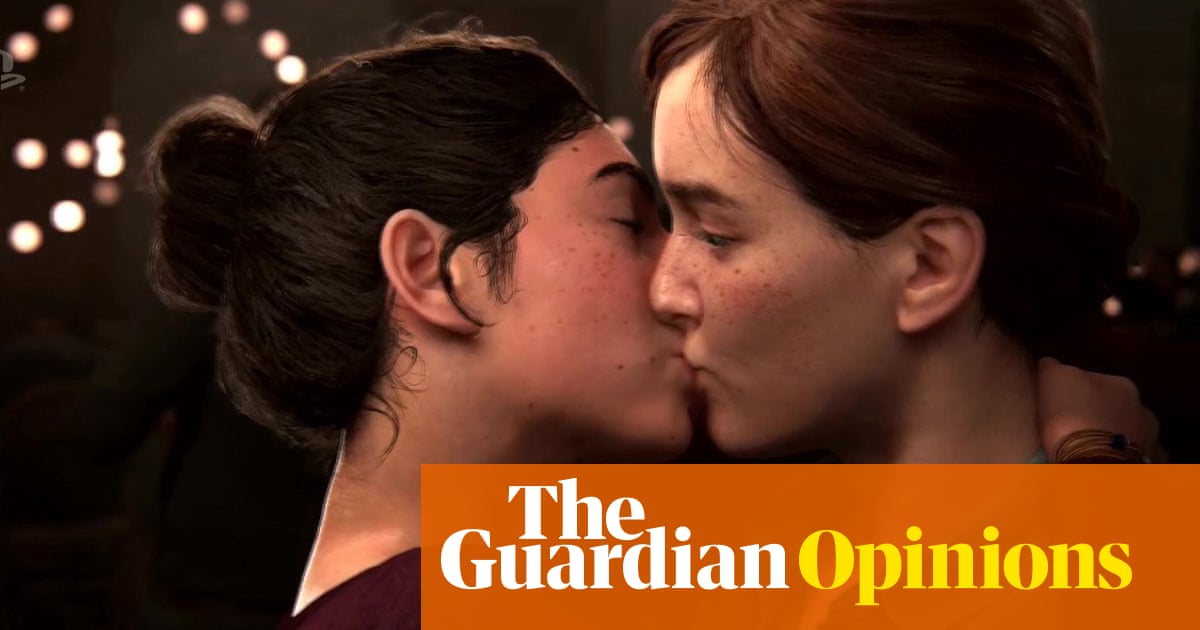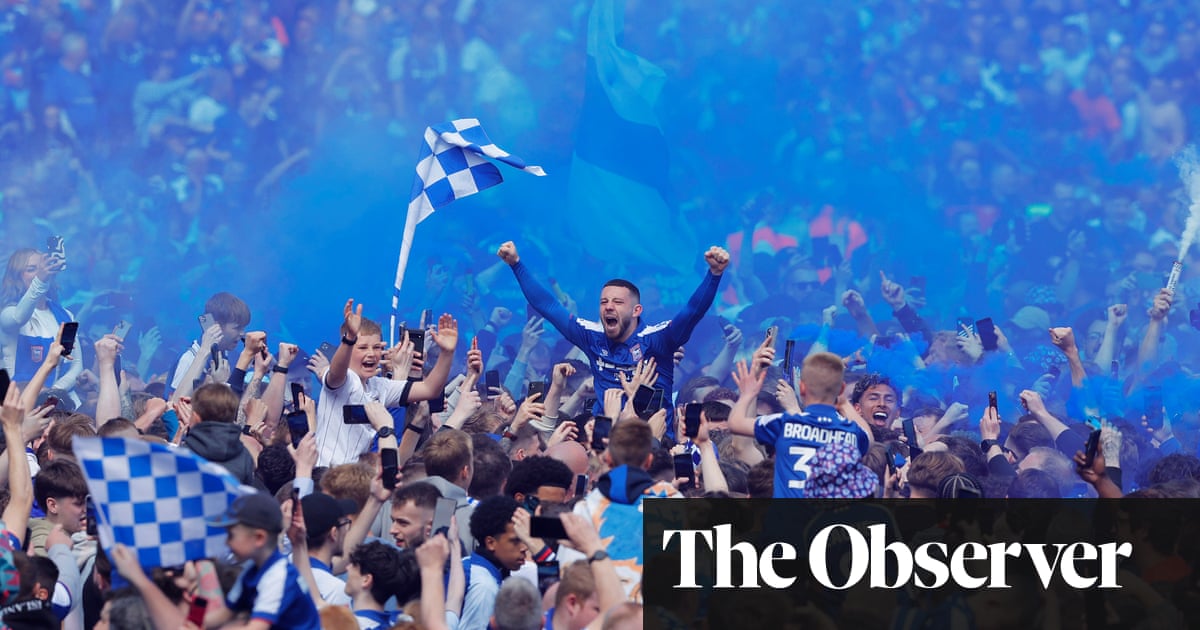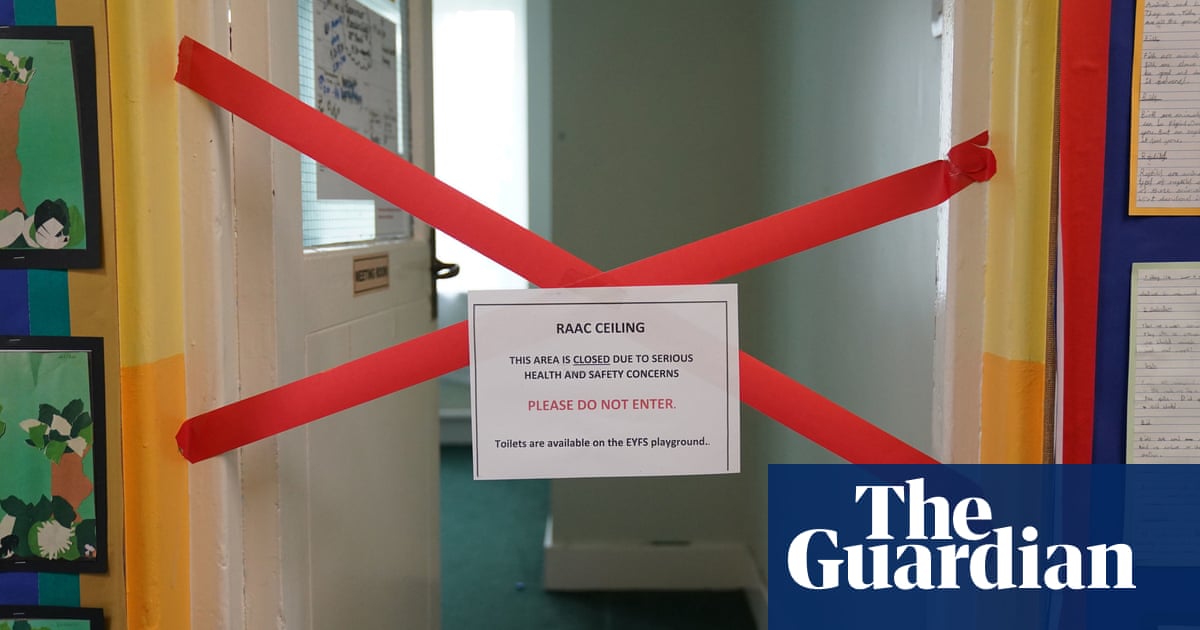
One of the falsehoods perpetuated among the more toxic sections of the gaming community is that LGBTQ+ representation and community in video games is something new: an agenda developers and publishers are pushing, at the risk of alienating their overwhelmingly white, cis male fanbase. Actually, video games have always been queer.
This is the title of a very informative book from Bo Ruberg, which investigates the ways in which LGBTQ+ themes show up in games. Was there anything remotely gay about Pong, Tetris, Sonic or Call of Duty? Ruberg would argue that there is – but in 2023, we don’t have to read queerness into video games. It’s more overt, and it’s everywhere, from Horizon Forbidden West to The Last of Us to the forthcoming Thirsty Suitors.
Since I joined Gayming magazine in June 2019, I’ve seen queer representation in games at its best, worst and everything inbetween. From reported features about how we perceive queer stories in indie games to personal deep-dives on gender representation via character customisation, there have been so many contributors who have opened my eyes (and those of other readers) to different genres that they never would have considered if not for a queer character or story, or to developers actively striving to make video games that highlight LGBTQ+ experiences.
It’s undeniable that video games are becoming more and more representative of the audience that plays them. They haven’t pandered exclusively to their stereotypical straight-white-male demographic for a very long time – indeed, they never did. People are only just now waking up to that fact.
Queer gamers don’t just want to see themselves represented in video games; they also want community and connection. That has never been more evident than during our very first Gayming awards last year. We wanted to highlight and celebrate not just queer games, but the people behind them – most of whom do not get the recognition they rightly deserve. The Gayming awards were watched by over 150,000 unique viewers on Twitch, becoming the largest LGBTQ+ event on the platform.
It warms my heart to see our website – niche compared to bigger gaming outlets such as IGN and Kotaku – still bring in hefty numbers. One of our most popular articles is about which LGBTQ+ video games are releasing this year, such as Larian Studios’ Baldur’s Gate 3, which features non-binary character creation and pansexual companions, and the sequel to the chaotic bisexuality of Hades. Another is a guide to LGBTQ+ characters featured in popular MMOs and multiplayer shooters such as Overwatch 2 and Apex Legends, both of which contain a colourful cast of diverse characters with queer identities. My personal favourites are the gay romance guides that we do: if you want to know where to look for a same-sex pairing in CD Projekt Red’s Cyberpunk 2077, for instance.
It’s been extremely rewarding to see how games have broadened in the past five years, alongside gamers. How we’ve gone from tasteless jokes about the LGBTQ+ community in games like Leisure Suit Larry or coded side-characters like Birdo in Mario to openly lesbian protagonists such as Ellie in The Last of Us. We still have a long way to go, but queer gamers are no longer content with scraps – and game developers and publishers know it. Many of them have been eager to meet the proven appetite for more diverse gaming stories, and now, more than ever, it’s much easier for people to see themselves in video games.
That’s what scares bigots the most. Unfortunately for them, queer representation continues to thrive, and it won’t be stopping any time soon.












